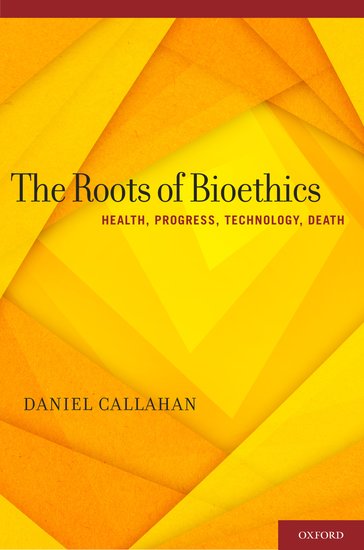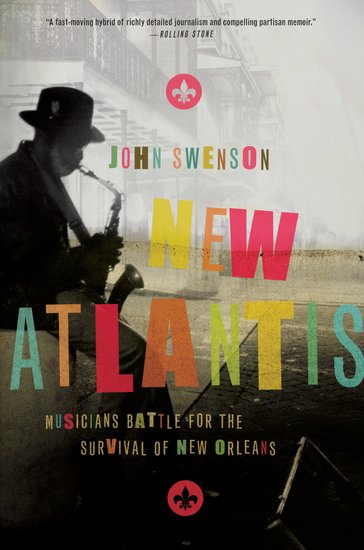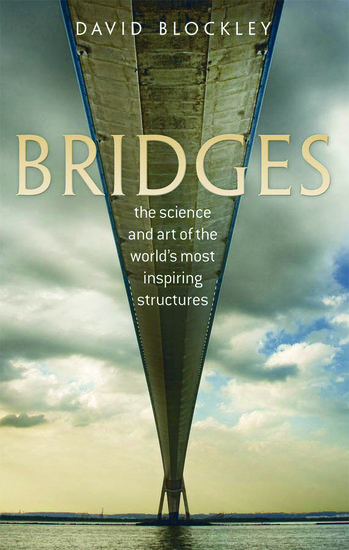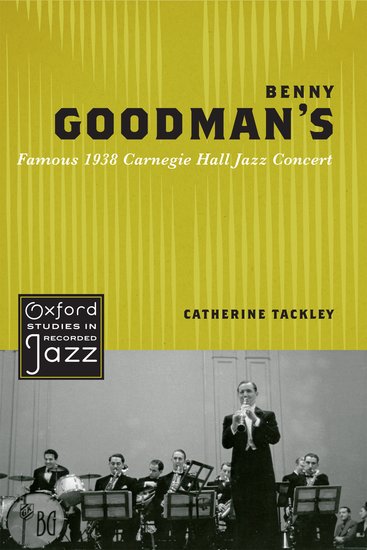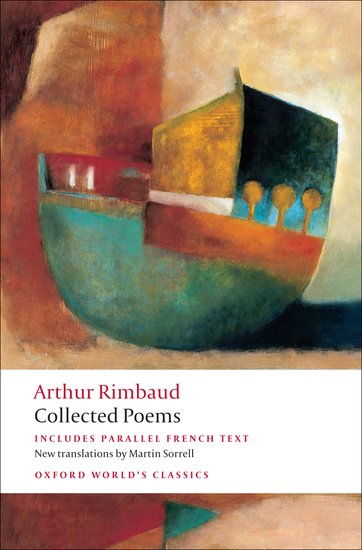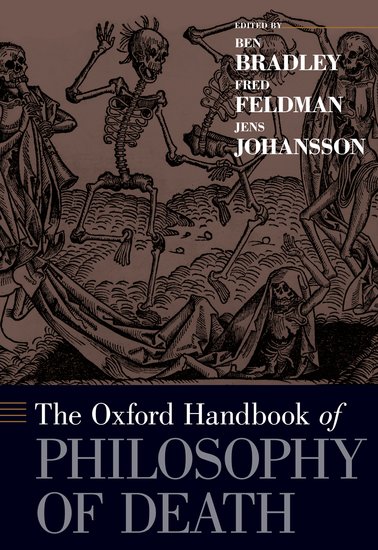An Oxford Companion to James Bond
By Daniel ‘Pussy Galore’ Parker and Gabby ‘Odd Job’ Fletcher
‘Ah’, he says stroking a white fluffy cat, ‘we’ve been expecting you’. Leave Ms Moneypenny with a peck on the cheek, stash your Walther PPK in your back pocket and jump into our Aston Martin so you can join us as we speed through an A to Z of Bond fun, fact, and fiction. We have stories about Roger Moore’s penchant for love-making, tales of fictional islands, and even anecdotes about crocodile jumping. We’ve devoured OUP’s online reference works to bring you a delicious helping of double 0 heaven. Welcome to the world of Bond, James Bond


